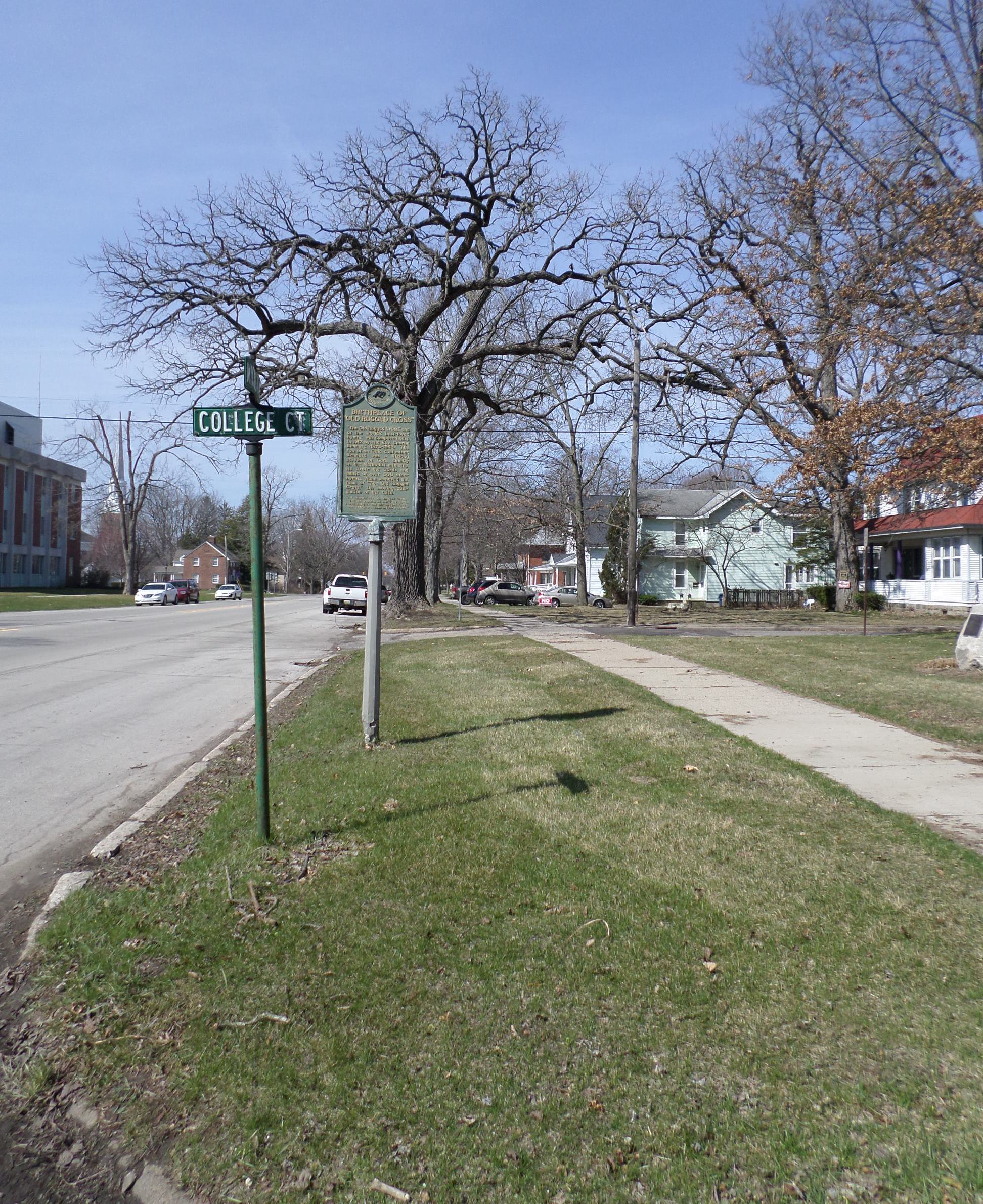|
Whispering Hope (Jo Stafford Album)
''Whispering Hope'' is a 1962 album by Jo Stafford and Gordon MacRae. The lead song and title track was originally recorded in 1949, reaching No. 4 on the charts. Track listing # "Whispering Hope" # "Abide With Me "Abide with Me" is a Christian hymn by Scottish Anglican cleric Henry Francis Lyte. A prayer for God to stay with the speaker throughout life and in death, it was written by Lyte in 1847 as he was dying from tuberculosis. It is most often sung ..." # "In the Garden" # "Beyond the Sunset" # " Beautiful Isle of Somewhere" # " It is No Secret" # "I Found a Friend" # " The Old Rugged Cross" # " Rock of Ages" # "Star of Hope" # "Now the Day Is Over" # "A Perfect Day" References 1962 albums Jo Stafford albums Gordon MacRae albums Capitol Records albums Contemporary Christian music albums by American artists Albums conducted by Paul Weston Vocal duet albums {{1960s-album-stub ... [...More Info...] [...Related Items...] OR: [Wikipedia] [Google] [Baidu] |
Jo Stafford
Jo Elizabeth Stafford (November 12, 1917July 16, 2008) was an American traditional pop music singer, whose career spanned five decades from the late 1930s to the early 1980s. Admired for the purity of her voice, she originally underwent classical training to become an opera singer before following a career in popular music, and by 1955 had achieved more worldwide record sales than any other female artist. Her 1952 song " You Belong to Me" topped the charts in the United States and United Kingdom, becoming the second single to top the UK Singles Chart, and the first by a female artist to do so. Born in remote oil-rich Coalinga, California, near Fresno in the San Joaquin Valley, Stafford made her first musical appearance at age 12. While still at high school, she joined her two older sisters to form a vocal trio named the Stafford Sisters, who found moderate success on radio and in film. In 1938, while the sisters were part of the cast of Twentieth Century Fox's production of ''A ... [...More Info...] [...Related Items...] OR: [Wikipedia] [Google] [Baidu] |
The Old Rugged Cross
"The Old Rugged Cross" is a popular hymn written in 1912 by American evangelist and song-leader George Bennard (1873–1958). History George Bennard was a native of Youngstown, Ohio, but was reared in Iowa. After his conversion in a Salvation Army meeting, he and his wife became brigade leaders before leaving the organization for the Methodist Church. As a Methodist evangelist, Bennard wrote the first verse of "The Old Rugged Cross" in Albion, Michigan, in the fall of 1912 as a response to ridicule that he had received at a revival meeting. Bennard traveled with Ed E. Mieras from Chicago to Sturgeon Bay, Wisconsin where they held evangelistic meetings at the Friends Church from December 29, 1912 to January 12, 1913. During the meetings Rev. George Bennard finished "The Old Rugged Cross" and on the last night of the meeting Bennard and Mieras performed it as a duet before a full house with Pearl Torstensen Berg, organist for the meeting, as accompanist. Charles H. Gabriel, a we ... [...More Info...] [...Related Items...] OR: [Wikipedia] [Google] [Baidu] |
Contemporary Christian Music Albums By American Artists
Contemporary history, in English-language historiography, is a subset of modern history that describes the historical period from approximately 1945 to the present. Contemporary history is either a subset of the late modern period, or it is one of the three major subsets of modern history, alongside the early modern period and the late modern period. In the social sciences, contemporary history is also continuous with, and related to, the rise of postmodernity. Contemporary history is politically dominated by the Cold War (1947–1991) between the Western Bloc, led by the United States, and the Eastern Bloc, led by the Soviet Union. The confrontation spurred fears of a nuclear war. An all-out "hot" war was avoided, but both sides intervened in the internal politics of smaller nations in their bid for global influence and via proxy wars. The Cold War ultimately ended with the Revolutions of 1989 and the dissolution of the Soviet Union in 1991. The latter stages and ... [...More Info...] [...Related Items...] OR: [Wikipedia] [Google] [Baidu] |
